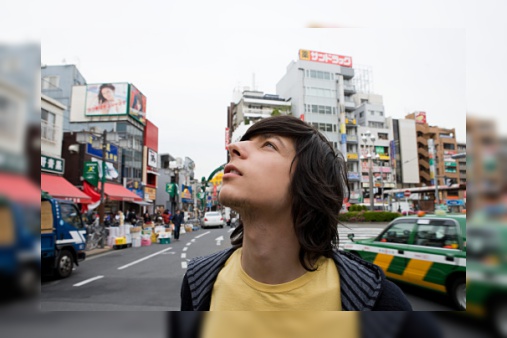Japan has recently loosened the criteria ever so slightly for foreigners wanting to get permanent residency in the country that is notoriously known for being averse to immigration.
However, despite claiming to have the "world's fastest path to permanent residency", Japan ranks last among 11 Asian nations in appeal to highly skilled foreigners, according to the 2017 IMD World Talent Ranking released on Monday.
IMD is a Switzerland-based business school, and the results were compiled from a survey of senior executives, both Japanese and foreigners with experience working in Japan. The survey considers factors such as the countries' ability to pull in and hang on to foreign talent, and "highly skilled" workers refer to those with post-secondary education and a broad range of skills, from finance to international experience to language.
As for the first in Asia? It's Singapore.
Bad news for Japan
In addition, the country faces a growing shortage of workers in "frontier IT", or big data, artificial intelligence and internet of things, and information security. This is problematic as it raises questions about Japan's ability to sustain the technological development it is counting on to cope with a shrinking workforce.
This is added bad news for Japan as it seeks the talent it needs to compete in the global economy with an aging, shrinking population.
Why is Japan ranked last?
According to a report by Bloomberg, the language barrier and rigid business practices are widely seen as obstacles to hiring top talent in Japan.
The country's sentiments towards foreign talent is less than positive too. Prime Minister Shinzo Abe is inclined towards a nationalistic "Japan First" policy, not unlike Trump's "America First" doctrine of putting the locals first before immigrants, even at the risk of further damaging its economy.
Routine discrimination against foreigners also hinders the country's pressing need for foreign talent.
Foreigners seeking to rent in Japan have faced rejection based on no good reason other than the fact that they are not Japanese.
Foreigners are also often thought to be contributing to the country's crime rates more than the locals.
Japan is also known for driving these foreign workers away when they are no longer needed. When unemployment rose following the global financial crisis during 2007 to 2008, Latin American workers of Japanese descent were offered cash and a one-way ticket out of Japan in exchange for the promise never to return, despite living and working there for decades.
[related_story]
The country has also been criticised for its "internship program", a backhanded way to bring in foreign unskilled labour to help solve labour shortage problems — which has gotten even more acute as the 2020 Tokyo olympics looms — without having to resort to proper channels of immigration, deemed inappropriate for the highly ethnically homogenous nation.
How the survey is covered in Japan
The annual survey was also reported by Nikkei Asian Review, a Japan-newspaper. Perhaps not surprisingly, it focused on Hong Kong and Singapore as the "Asian stars", and made no mention of Japan at all being the last in Asia in the ranking.
Top image via Getty Images
If you like what you read, follow us on Facebook, Instagram, Twitter and Telegram to get the latest updates.
